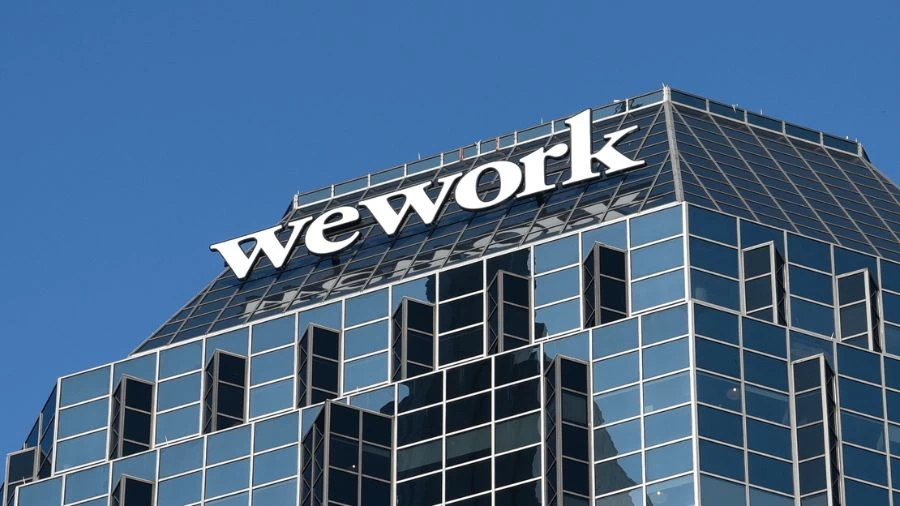
Why is WeWorkStock Dropping?
WeWork's stock is dropping rapidly, driven by the looming Chapter 11 bankruptcy threat, mounting lease obligations of $10 billion, and significant losses totaling $16 billion since its founding.
by Kowsalya
Published Nov 07, 2023 | Updated Nov 07, 2023 | 📖 3 min read
Why is WeWorkStock Dropping?
WeWork's stock has been on a sharp decline, with trading temporarily halted as the company faces a grim financial situation. The primary reason behind this plummeting stock value is the looming threat of bankruptcy. Last week, WeWork's stock took a severe hit, dropping by 66% to reach a low of just 82 cents. This drastic decline was triggered by reports, notably from the Wall Street Journal, suggesting that the company was preparing to file for Chapter 11 bankruptcy.
The dire financial predicament was further accentuated by WeWork's failure to meet interest payments to its bondholders, coupled with mounting lease obligations, estimated at $10 billion through 2027. WeWork's financial woes are underscored by the fact that it has incurred a staggering $16 billion in losses since its inception in 2010, making its long-term survival uncertain.
Another significant factor contributing to WeWork's stock plunge is the company's remarkable fall from grace. Once valued at an astonishing $47 billion in 2017, WeWork's market cap had dwindled to a mere $270 million by August 2023. The company's meteoric rise was curtailed by the COVID-19 pandemic, which led to widespread remote working and the subsequent abandonment of office spaces.
WeWork's unique business model, providing flexible and rentable office space to companies, suffered from a sudden and substantial reduction in occupancy. Amidst these challenges, SoftBank, a major investor in WeWork, had to report a cumulative loss of $18.6 billion on its investment. These financial setbacks, along with growing competition and a decline in membership, have cast significant doubt on WeWork's ability to remain a viable business entity. This backdrop of financial distress and a diminished business model has contributed to the alarming stock depreciation.
WeWork
WeWork is a prominent provider of coworking spaces, offering both physical and virtual shared office spaces. Headquartered in New York City, WeWork has a global presence, operating as of December 31, 2022, with an extensive portfolio of 43.9 million square feet (approximately 4,080,000 square meters) of space.
This includes 18.3 million square feet (about 1,700,000 square meters) within the United States and Canada, spanning 779 locations across 39 countries. With a substantial reach, WeWork caters to a diverse clientele, boasting 547,000 members, each committed on average for a term of 19 months.
WeWork's journey has been marked by both remarkable successes and significant challenges. Notably, the company achieved a valuation as high as $47 billion, backed by major investor SoftBank.
However, this valuation was followed by a highly publicized and ultimately failed initial public offering (IPO) in 2019, which raised concerns about the company's financial health. Further complicating its narrative were reports of excesses by co-founder and former CEO Adam Neumann, which included controversial management decisions and lavish spending.




